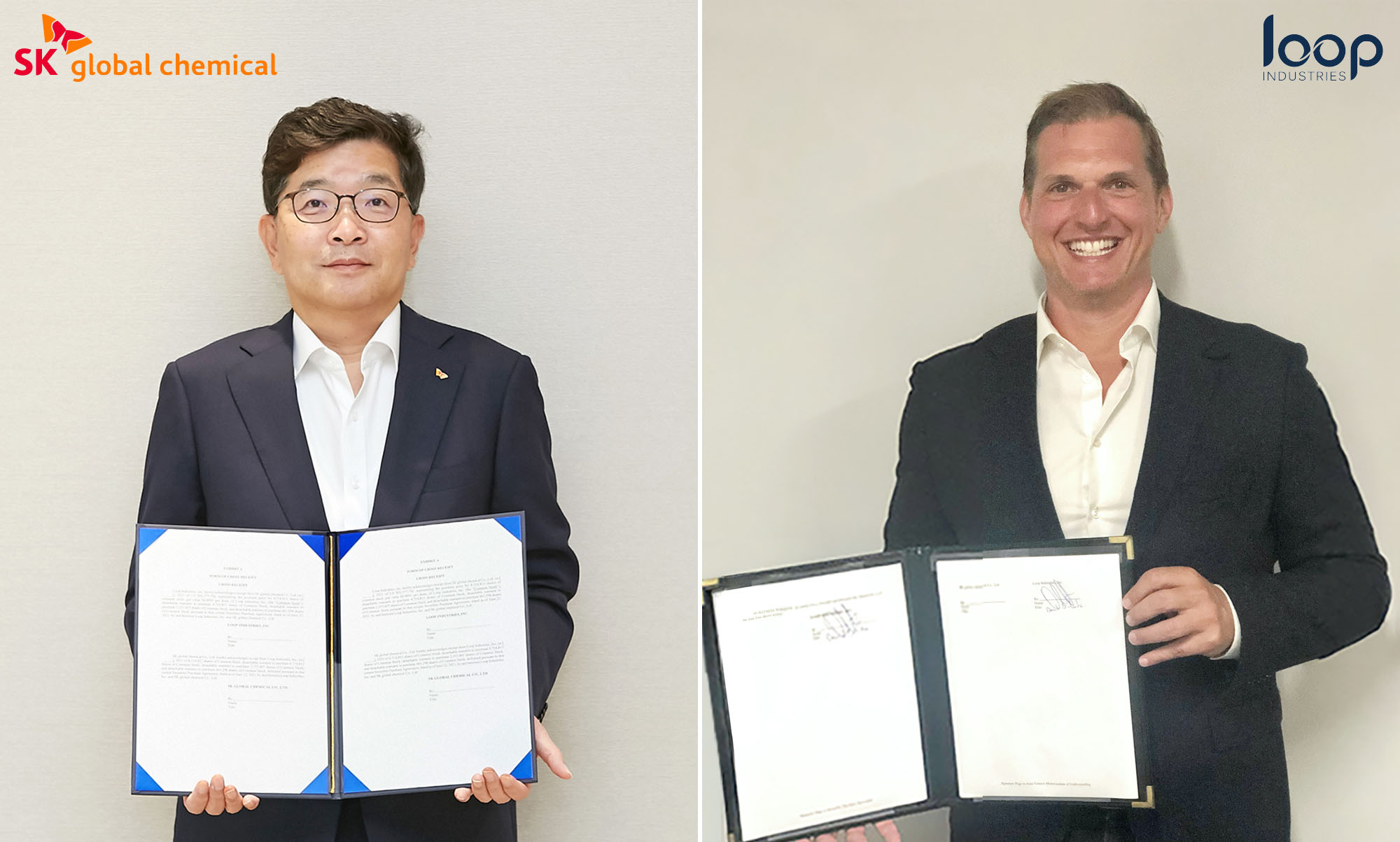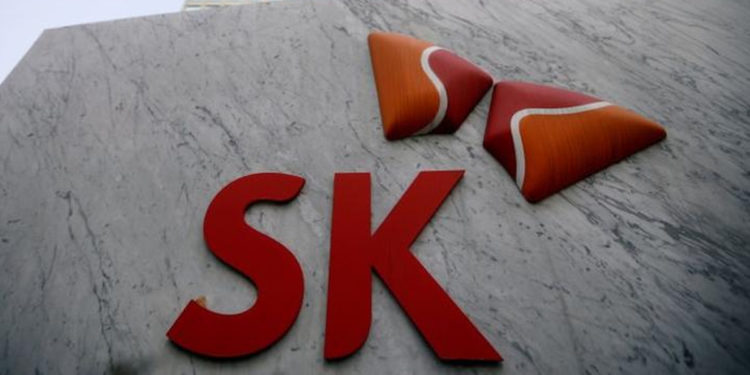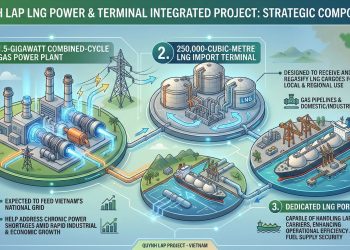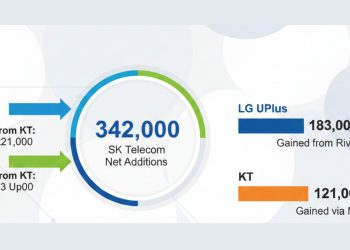SK Group, South Korea’s third-largest conglomerate, pledged to accomplish its carbon neutrality push ahead of the United Nations (UN) planned 2050 net-zero carbon emission goal.
Besides reaching carbon neutrality by 2050, the UN’s initiative aims to form a global coalition offering decarbonization blueprints for greener economies.
Furthermore, SK held the 2021 Extended Management Meeting, an annual strategic business assembly discussing long-term plans and formulating short-term actions. SK also held the event at the SK Management System Institute.
During the meeting, SK Chairman Chey Tae-Won encouraged SK affiliates and CEO-level officials to increase their efforts in achieving SK’s carbon neutrality push.
Achieving the 2050 Goal Faster
“While governments around the world have set 2050 as the target year for carbon neutrality, SK must reach the goal faster,” said Chairman Chey. The SK Chairman also noted that a company’s market competitiveness depends on completing its carbon neutrality objectives.
As part of the group’s plan to minimize greenhouse gas emissions, SK affiliates promised to utilize more renewable energy sources. Some of these technologies include solar power, which cuts down carbon dioxide discharge.
In addition to opting for renewable energy, SK laid out landmarks for its long-term decarbonization goals. For instance, SK targets to reduce its harmful gas emissions by 35% by 2030 and 85% by 2040.
Moreover, SK Materials Co., a specialty gas distributor, would be the first SK affiliate to reach carbon neutrality by 2030. Other SK affiliates would also develop their decade-long plans to achieve the net-zero carbon mark while regularly sharing annual progress.
Chairman Chey also highlighted the key phrase ‘deep change,’ representing SK’s group-wide transition into a sustainable, competitive business entity. To this end, SK would homogenize transformation methodologies, efficiently empowering affiliates and shareholders.
Establishing a Sustainable Plastic Economy
SK Global Chemical (SKGC), SK’s petrochemical manufacturing unit, also announced that it had obtained a 10% share in Loop, a clean technology innovator, at the meeting.

The two companies plan to commercialize Loop’s PET plastic and polyester fiber production technology across Asian regions. SKGC also vowed to actively expand cooperation with plastic recycling technology providers, aiming to take the lead in resolving the global plastic waste issue.
Moreover, SKGC had been heavily focusing on chemical decomposition, a plastic waste-reducing solution. In particular, the SK unit aims to develop a sustainable technology maintaining PET material quality after repeated recycling operations.
SKGC also plans to establish a leading position in the circular plastic economy sector, expanding its high-quality PET recycling. Additionally, SKGC received the highest GRP rating for its sustainability, a UN certification, reinforcing its commitment to plastic usage reduction.







